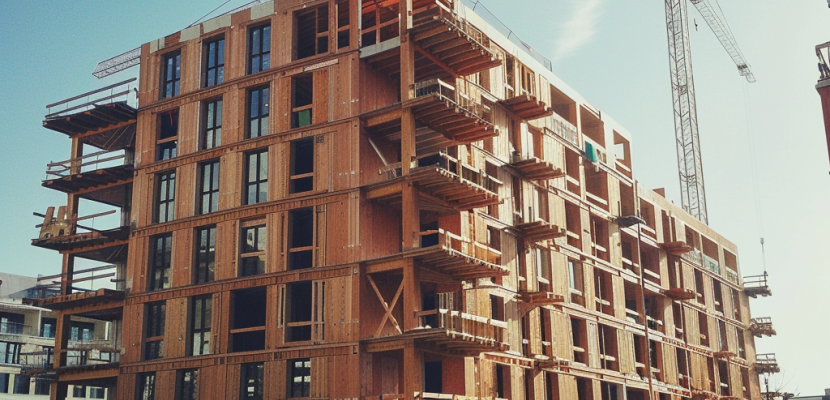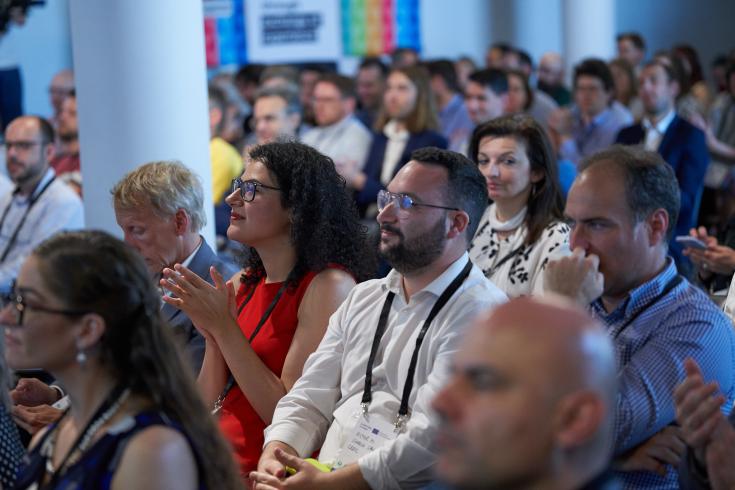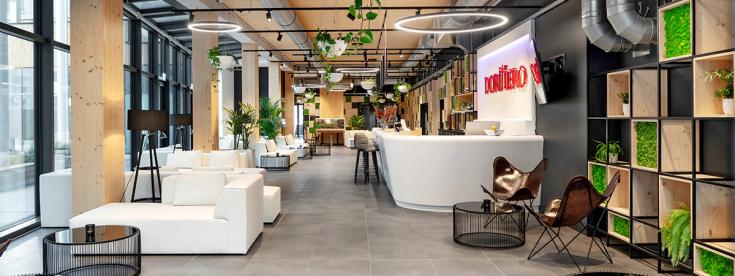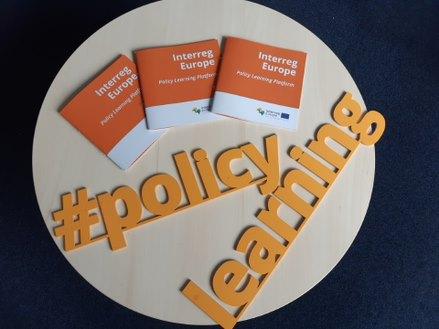Sustainability in construction

The workshop has now ended. You can now acess the conclusions and the key learning on this follow-up article.
What it will be about
The building and construction sector requires vast amounts of resources. It accounts for about 50% of all extracted material and is responsible for over 35% of the EU’s total waste generation. Greenhouse gas emissions from material extraction, manufacturing of construction products, as well as construction and renovation of buildings are estimated at 5-12% of total national GHG emissions.
Greater material efficiency could save 80% of those emissions. In the new Circular Economy Action Plan and the new Industrial Strategy for Europe, the European Commission committed to come forward with a sustainable built environment strategy to increase material efficiency and to reduce climate impacts of the built environment, particularly promoting circularity principles throughout the life cycle of buildings. Work on the new sustainable built environment strategy is currently ongoing and the new strategy is expected to be unveiled in 2024.
Moreover, the European Commission launched the New European Bauhaus (NEB) initiative that expresses the EU's ambition of creating beautiful, sustainable, and inclusive places, products, and ways of living. To help deliver the European Green Deal, the NEB wants in particular to inspire projects and initiatives that support:
- A reconnection with nature through the physical transformation of places shows how new, renovated or regenerated built environments and public spaces may contribute to protection, restoration and/or regeneration of natural eco-systems and biodiversity. The use of nature-based solutions and materials plays an important role in this physical transformation.
- Shaping circular eco-systems transforms specific value chains from the sourcing of raw materials to the recycling of waste in various ecosystems such as the construction sector. In that sense, new processes, new materials, sustainably sourced nature-based solutions and products, or new business models bring clear benefits in terms of sustainability, circularity and quality of life for all.
What to expect
This workshop will explore local and regional policies and strategies towards a more sustainable built environment with a particular focus on sustainable materials and the promotion of circularity in construction.
The first session will focus on biobased materials for construction such as wood, clay and hemp and highlight the frontrunner role of public authorities as purchaser and initiator of sustainable construction programmes.
The second session will emphasise circularity in construction and showcase good practices for dealing with construction and demolition waste

Practical information
To help you prepare for your upcoming trip to Vienna, we have prepared for you a guide with practical information.
You will learn all you need to know about the venue, how to get there and the accommodations we recommend.

What is the Policy Learning Platform?
The Policy Learning Platform is the second pillar of the Interreg Europe programme. It aims to facilitate policy learning and the exchange of knowledge among regional and local authorities in Europe.
The platform provides a space for policymakers to share good practices, exchange experiences and work together to improve policies at the regional and local levels.
The platform provides information on various topics through publications, events and direct communication with experts. Community members can use services for free if they need tailored advice on policy challenges.
